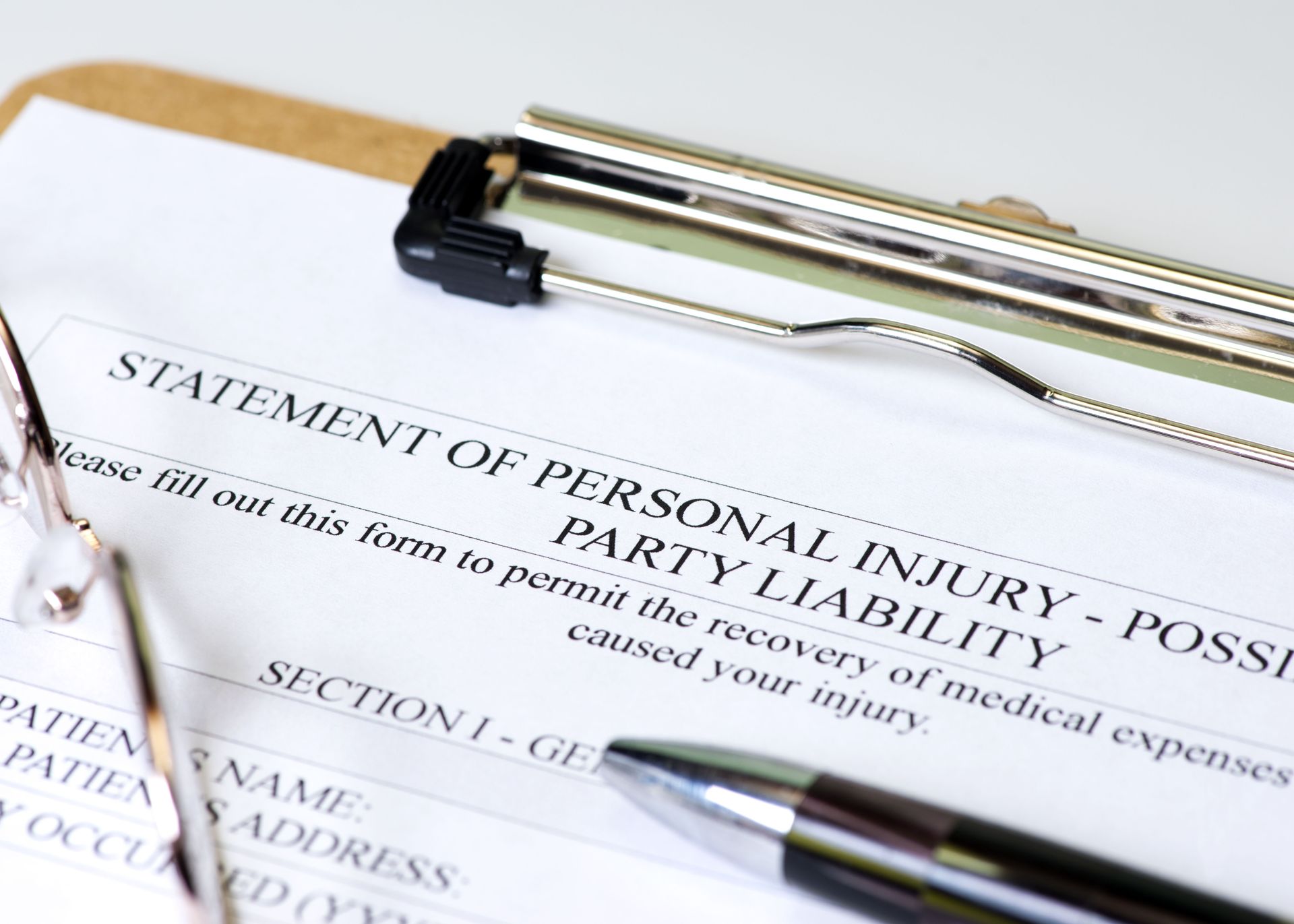What you Should Know About Personal Injury Lawyers
Personal injury lawyers are essential in assisting individuals to obtain compensation for injuries and losses resulting from someone else’s negligence. They bring specialized knowledge and skills to navigate the complex legal system effectively. Understanding their roles and expertise can help you make informed choices when pursuing legal assistance. This article examines key aspects of personal injury lawyers, including qualifications, responsibilities, and the nuances of the legal process.
Understanding the Roles and Responsibilities of Personal Injury Lawyers
The primary responsibility of a personal injury lawyer is to advocate for individuals who have suffered injuries due to accidents or negligence. These attorneys assess the merits of a case and offer legal advice on the likelihood of success based on the gathered evidence. They help clients understand their rights and the compensation they might be eligible for, addressing any queries or concerns that might arise. Throughout the process, they aim to protect the client's best interests and ensure they receive a fair settlement or verdict. They also negotiate with insurance companies and opposing counsel to maximize the compensation their clients are entitled to.
Negotiation is an essential skill for personal injury lawyers, as many cases are settled without going to trial. Lawyers communicate with the opposing party or insurance companies, advocating for a fair settlement that compensates the client for their losses. Mastery in negotiation is crucial, as it can significantly influence the compensation amount and expedite the resolution process. A skilled negotiator understands when to compromise and when to hold firm, making strategic decisions that align with the client's best interests.
While many cases are settled outside court, personal injury lawyers are prepared to represent clients in trials if necessary. Court representation involves presenting evidence, examining witnesses, and making compelling arguments to advocate for the client's right to compensation. A lawyer's ability to articulate facts persuasively and respond to the opposing counsel's tactics is vital during the trial process. Lawyers must also be adept at handling jury dynamics and ensuring that complex legal procedures are accurately followed.
Handling Common Types of Personal Injury Cases
Motor vehicle accident cases are one of the most common types of cases handled by personal injury lawyers. These cases can involve cars, trucks, motorcycles, and other vehicles, often resulting in significant injuries and property damage. Lawyers must understand traffic laws and regulations to effectively advocate for their clients in these scenarios. Typical compensable damages include medical expenses, lost wages, and pain and suffering. According to On The Map, motor vehicle accident cases last 20 months on average, making efficient handling and preparation crucial for a favorable outcome.
Slip and fall incidents fall under premises liability cases and require proving negligence by a property owner. Personal injury lawyers must establish that the property owner failed to maintain a safe environment or neglected to warn visitors of potential hazards. These cases can occur in various settings, such as retail stores, private residences, or public spaces. Attorneys handling such cases need to gather evidence like surveillance footage, accident reports, and witness testimonies to build a strong case.
Medical malpractice claims arise when healthcare professionals fail to provide the standard of care, leading to patient harm. Personal injury lawyers specializing in these cases must possess substantial knowledge of medical procedures and protocols. Building a successful case requires collaborating with medical experts who can attest to professional negligence or errors. Damages in these claims often cover medical expenses, rehabilitation costs, and lost earning potential. Due to the complex nature of medical malpractice, these cases demand a meticulous approach and a thorough understanding of both medical and legal standards.
Navigating the Legal Process in Personal Injury Cases
The initial consultation with a personal injury lawyer is a crucial first step in the legal process, where clients discuss their situation and seek guidance. During this meeting, the lawyer evaluates the details of the incident to determine the viability of the case. Lawyers also outline the legal process and potential outcomes, addressing any queries the client might have. A comprehensive case evaluation involves reviewing documentation, such as medical records and incident reports, to assess the potential for success. Establishing an initial client-lawyer rapport is essential for a trusting and collaborative relationship.
Filing a complaint is a formal step in initiating a personal injury lawsuit, detailing the plaintiff's claims and the relief sought. The complaint outlines the factual basis of the case, including the alleged negligence and resulting damages. Once filed, the complaint is served to the defendant, who must respond with an answer or risk a default judgment. Personal injury lawyers meticulously draft this document to ensure clarity and accuracy, setting the stage for the entire legal process.
If a settlement is not reached, the case proceeds to trial, where each party presents their arguments and evidence before a judge or jury. During the trial, the lawyer's role is to advocate for the client, examining witnesses and building a persuasive case narrative. The trial process is structured and follows strict legal procedures, requiring precision and effective communication from the legal team. If the trial's outcome is unfavorable, either party might pursue an appeal, challenging legal or procedural errors.
Overcoming Challenges Faced by Personal Injury Lawyers
Personal injury lawyers frequently encounter challenges when negotiating with insurance companies, which often aim to minimize payouts. Insurance adjusters are skilled negotiators, trained to protect the company's financial interests, sometimes offering settlements that undervalue the client's claim. Lawyers counteract these tactics by presenting well-documented evidence and expertise to argue for fair compensation. Understanding insurance policies, coverage limits, and claim adjustment practices is essential for effective negotiation. Successfully navigating this dynamic requires persistence and a nuanced understanding of insurance industry operations.
Legal precedents significantly influence personal injury law, creating challenges for attorneys who must navigate and apply them to current cases. Precedents help shape case strategies and provide a framework for arguing similar facts and circumstances. Personal injury lawyers must remain abreast of the latest case law and legal developments to stay competitive and effective. Integrating these precedents into legal arguments demands analytical skills and a deep understanding of judicial interpretations. The ability to distinguish or align a current case with relevant precedents can substantially impact the outcome of a client's claim.
Legal claims often coincide with significant emotional and financial stress for clients, requiring personal injury lawyers to be empathetic and supportive. Lawyers must be sensitive to the client's needs while maintaining professional boundaries and focusing on achieving the best legal outcomes. Providing clear communication and regular updates can mitigate client anxiety and foster trust in the attorney-client relationship. Personal injury lawyers often balance advocacy with a compassionate approach, recognizing the impact that accidents and legal processes have on clients' lives. Managing these aspects successfully is essential in maintaining a constructive and positive client experience.
Choosing the right personal injury lawyer is critical in ensuring a favorable outcome for your case. By understanding their role, qualifications, the types of cases they handle, the legal processes involved, and the challenges they face, you are better equipped to make an informed decision. Whether it’s navigating the complexities of a trial or settling out of court, an experienced lawyer can guide you through each step in securing the compensation you deserve. If you need experienced legal advocates for your personal injury case, turn to the law firm of Cooley, McFarland & Moore, LLP.





Share On: